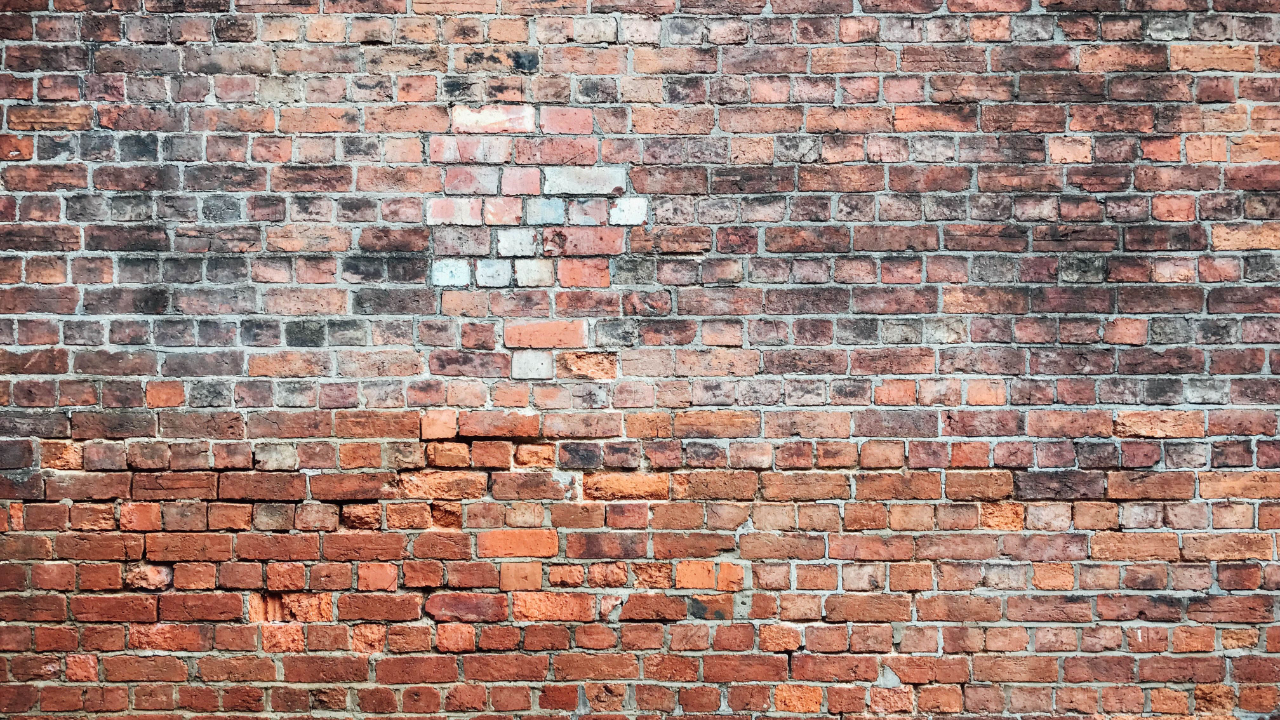Three Sneaky Types of Writer’s Procrastination Keeping You from Finishing Your Book

[photo credit: Annie Spratt via Unsplash. Isn't it great?]
Let me guess…
You have one (or 12) unfinished writing projects stashed in the back of your desk drawer, or buried 22 subfolders deep on your hard drive.
These unfinished writing projects might include:
- Stalled novel manuscript(s)
- Illegible memoir notes on napkins
- Scattered bits of short stories
Sound familiar?
If you’re like the vast majority of writers I work with in the First Book Finish program, it’s probably far too familiar.
You may be comfortable with things the way they are. In fact, you may even believe your fate as the “half-finished creative” is sealed because you think:
“That’s just how my brain works.”
“I’ve always been like this.”
“I enjoy having multiple projects to choose from.”
“Who has the time to actually finish a book anyway?”
I’ve heard every single line above and more.
When it comes to justifying half-finished creative work, writers are experts.
The truth is, you are more than capab...
Writer’s Block: Spot It, Stop It, Stave It Off

Why is writer’s block such a widespread problem? Why do so many writers struggle with it? What makes writer’s block happen in the first place, and can it be prevented?
And most importantly: how the heck can you overcome writer’s block when it does hit?
Keep reading for an overview of writer’s block, including how to recognize it, how to deal with it, and how to prevent it from cropping up again and again!
SPOT WRITER’S BLOCK
What is writer’s block?
Before I can tell you how to combat writer’s block, it’s important to know what exactly writer's block actually is.
When you picture writer’s block, what pops into your head is probably the image we’ve all seen in countless films or movies: writer sits at desk, scowling at a laptop open to a blank text document. Cursor blinks menacingly. Writer groans, slams the laptop closed, and storms away.
It feels like hitting a brick wall.
This all makes for a great visual depiction of the problem, but writer’s block is often so much more co...
6 Great Books for Overcoming Writer’s Resistance

Over the years I’ve learned a few signs that signal to me that I am probably experiencing some writer's resistance and avoiding the creative work that needs to be done. One tricky sign is that I’m suddenly doing more reading about writing than I am writing.
I tricked myself with this one for years because reading about writing feels so productive, but when it comes down to it those are still hours when I read someone else’s work instead of doing my own.
I’m not saying you shouldn’t read books on writing, obviously. (Right? Read on!) But paying attention to what’s going on when you’re filling what was supposed to be writing time with reading about it instead could help you ID some of the natural writer's resistance that can creep in between you and your creative work.
I suppose there are two bright sides to my having done so much of this in the past--
Bright side #1: I have a personal library of books on writing that could stock an entire Book-Mobile, and I do go back to them from t...
Writers Block: My Most Embarrassing Cure

Writers block once owned me, and then it didn't.
True story: for a couple of months, I didn’t write anything until I’d spent 20 minutes colouring in pretty fairy pictures with my specially-purchased watercolour pencils and glitter crayons.
This was a little while before that whole adult colouring book thing took off – and I have to admit, I felt relieved when that happened because it meant I wasn’t the only 40-year old woman rockin’ her glitter pens.
And why was a grown woman spending valuable time with her pretty fairies 2-3 times a week?
I desperately needed a cure for writers block and they were my amygdala de-activation device.
I know that sounds like something out of a Star Wars movie, but bear with me...
Your Brain and Fear
The brain has several component systems and one of the critical ones for your creative life is the limbic system, which processes your sensory experiences – it takes all the info constantly streaming in to the brain through your senses and passes it alo...

